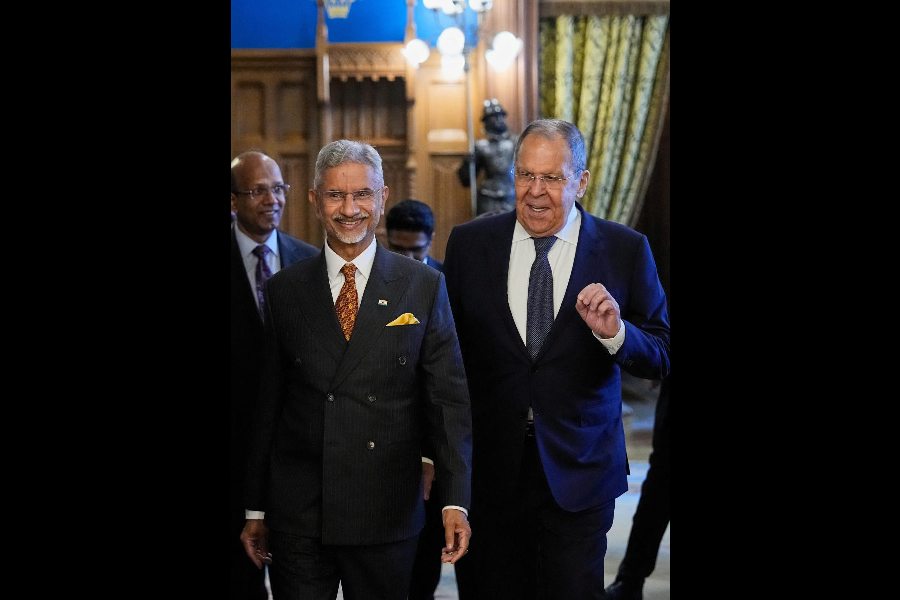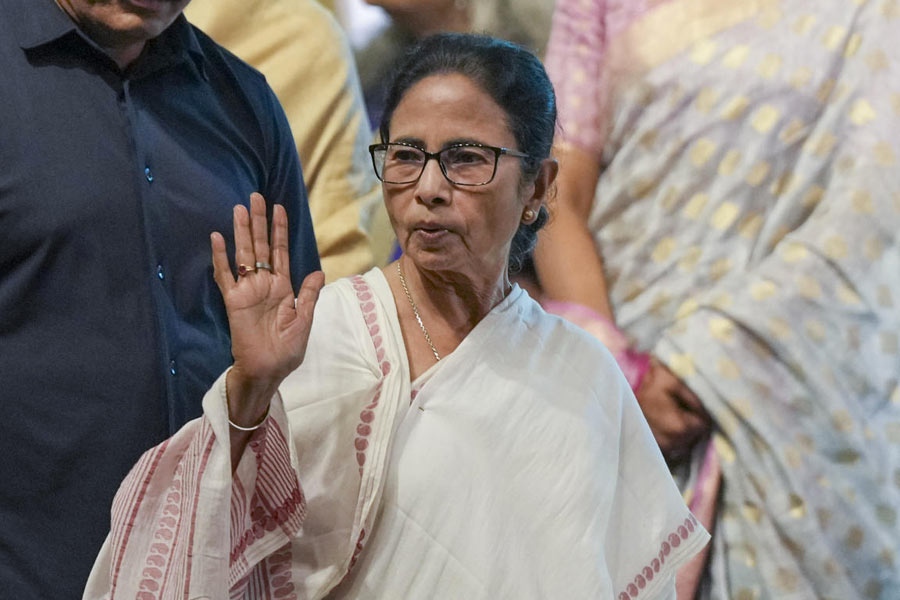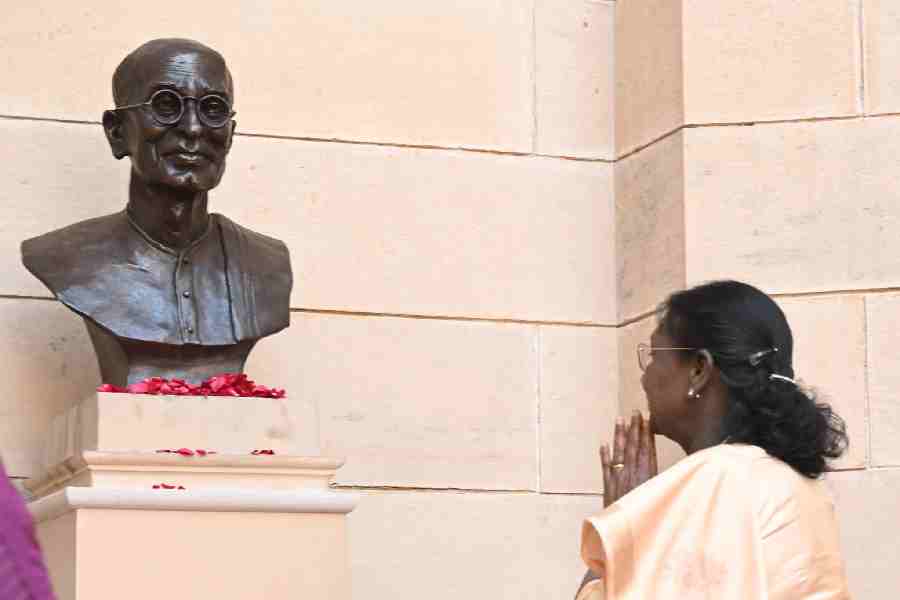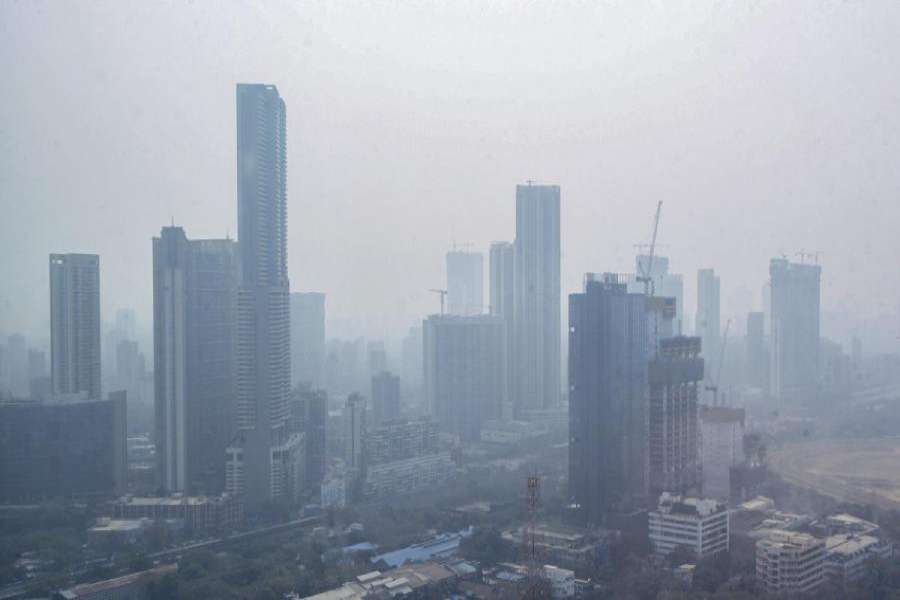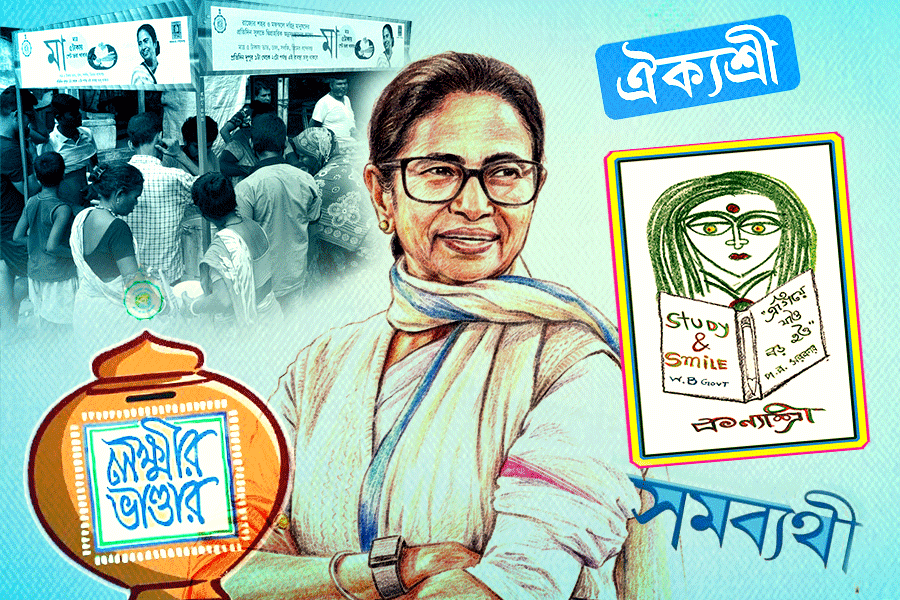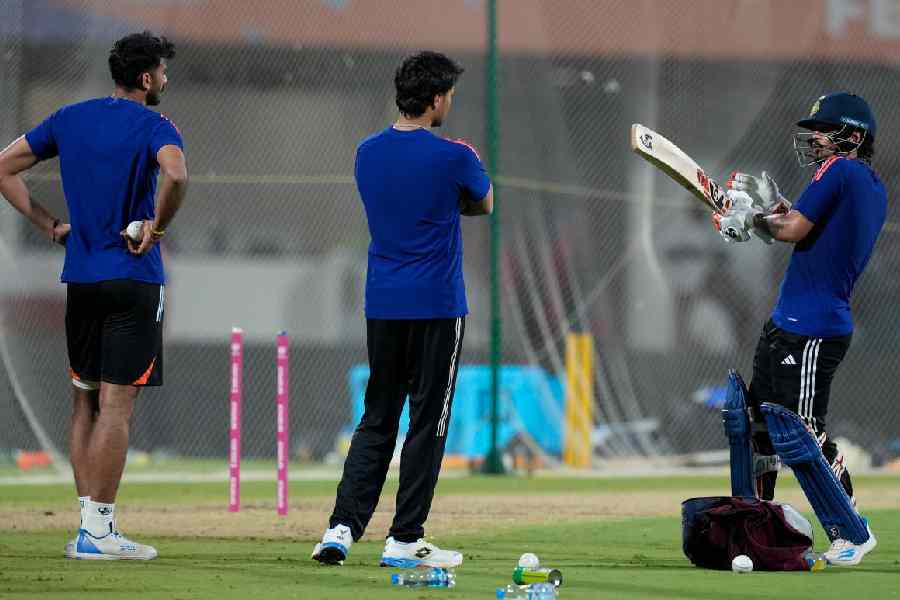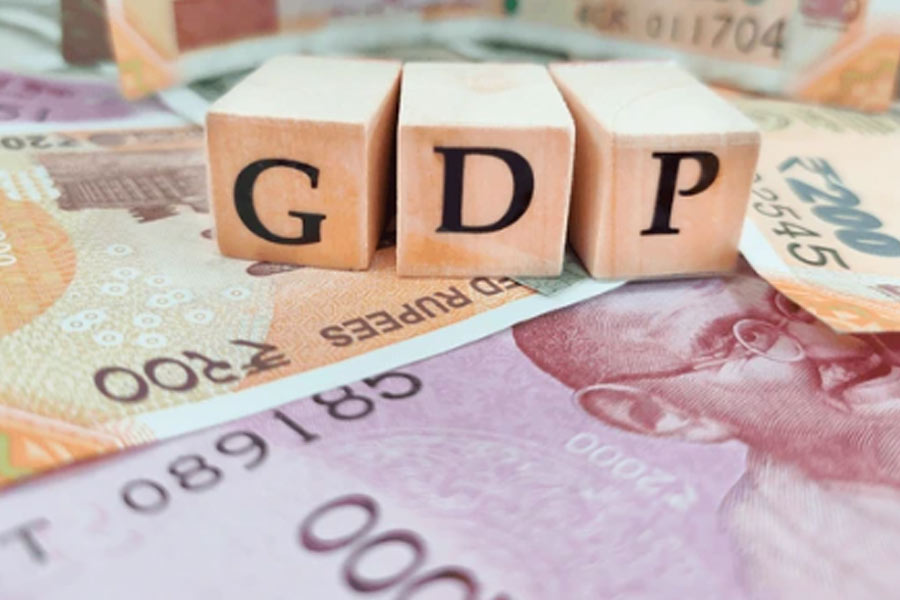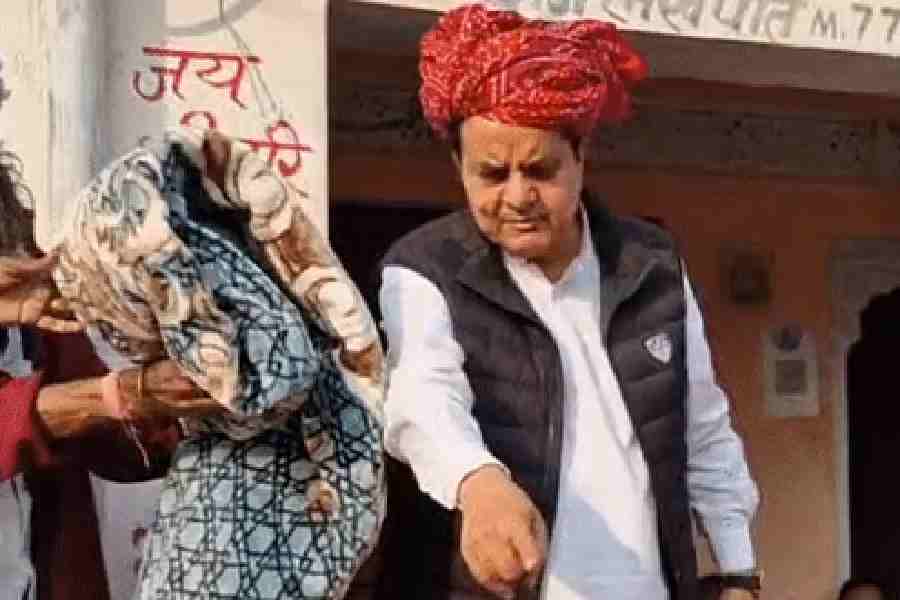India on Thursday sought to deepen its relationship with Russia amid the Trump-driven uncertainties in US ties, the two countries agreeing to expand bilateral trade and signing the terms of reference for the India-Eurasian Economic Union Free Trade Agreement.
External affairs minister S. Jaishankar, in Moscow as part of preparations for Russian President Vladimir Putin’s India visit this year-end for the annual bilateral summit, billed the two countries’ ties as “among the steadiest of the major relationships in the world after the Second World War”.
He said he was perplexed at the comments by Peter Navarro, US President Donald Trump’s trade adviser, on India’s oil purchases from Russia.
Jaishankar was responding to a question on Navarro’s sharp criticism of India’s energy and trade policies in a newspaper opinion piece.
Refusing to comment on Navarro personally, Jaishankar dwelt on the subject of oil purchases and stressed that Washington had earlier wanted India to buy Russian oil to stabilise the energy markets.
“I don’t want to comment on a person but let me comment on the subject…. We are not the biggest purchasers of Russian oil, that is China. We are not the biggest purchasers of Russian LNG; I am not sure but I think that is the European Union,” he said.
Jaishankar said: “We are not the country which has the biggest trade surge with Russia after 2022; I think there are some countries to the south. We are a country where, actually, the Americans said for the last few years that we should do everything to stabilise the world energy market, including buying oil from Russia.
“Incidentally, we also buy oil from America, and that amount has been increasing. So, quite honestly, we are very perplexed at the logic of the argument that you (the media) had referred to.”
Jaishankar was hopeful that the negotiations on the India-Eurasian Economic Union FTA would begin soon.
“I think we have gone forward in trade, looking at trade barriers, greater market access. We have looked at energy, not just fossil fuel energy but also nuclear energy, where we have a strong history of cooperation with Russia,” he said.
“We had a good discussion on fertiliser supply. Russia is one of the major suppliersfor India.”
Jaishankar added that the two sides were lining up outcomes for the India-Russia Annual Summit so that the substance of the relationship grew.
He made no bones about the global context for the meeting, referring to the evolving geopolitical situation, the shifting economic and trade landscape, and the shared goal of India and Russia to maximise their complementarity.
His Russian counterpart, Sergey Lavrov, underlined that bilateral trade had increased by 15 per cent last year, setting a record high in the post-Soviet history between Moscow and New Delhi.
Jaishankar told the media that geopolitical convergence, leadership contacts and popular sentiment remained the key drivers of the India-Russia relationship. He called for a swift addressing of the non-tariff barriers and regulatory impediments to facilitate more Indian exports into Russia.
“Enhancing Indian exports to Russia in sectors like pharmaceuticals, agriculture and textiles will certainly help to correct the current imbalance,” he said.
“Steps to ensure long-term supply of fertilisers was also taken up. Indian skilled workers, especially in IT, construction and engineering, can address the labour needs in Russia and deepen collaboration.”
The two sides reviewed the status of the connectivity initiatives, including the International North-South Transport Corridor, the Chennai-Vladivostok eastern maritime corridor, and cooperation on the Northern Sea Route. These corridors promise to deepen economic linkages, reduce transit times, and expand trade access across Eurasia and beyond, Jaishankar said.
In the field of defence cooperation, Jaishankar underscored Russian support for “Make in India” and New Delhi’s goals in defence production, including that through joint production and technology transfer. Technology transfer in defence has always been a sticking point between India and the US.

